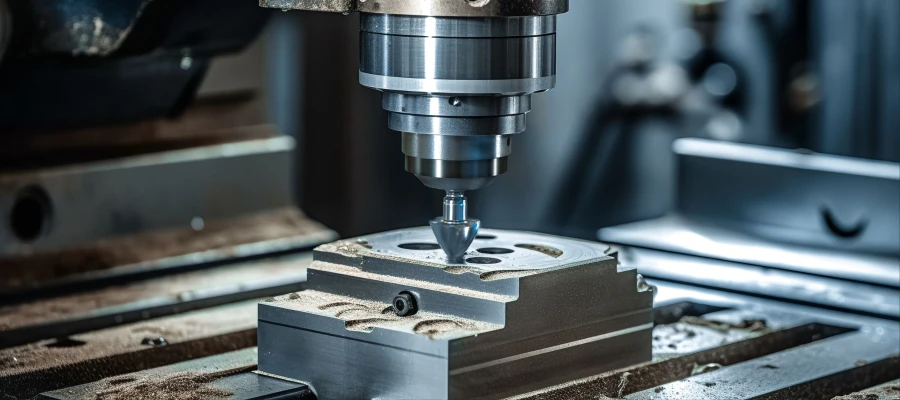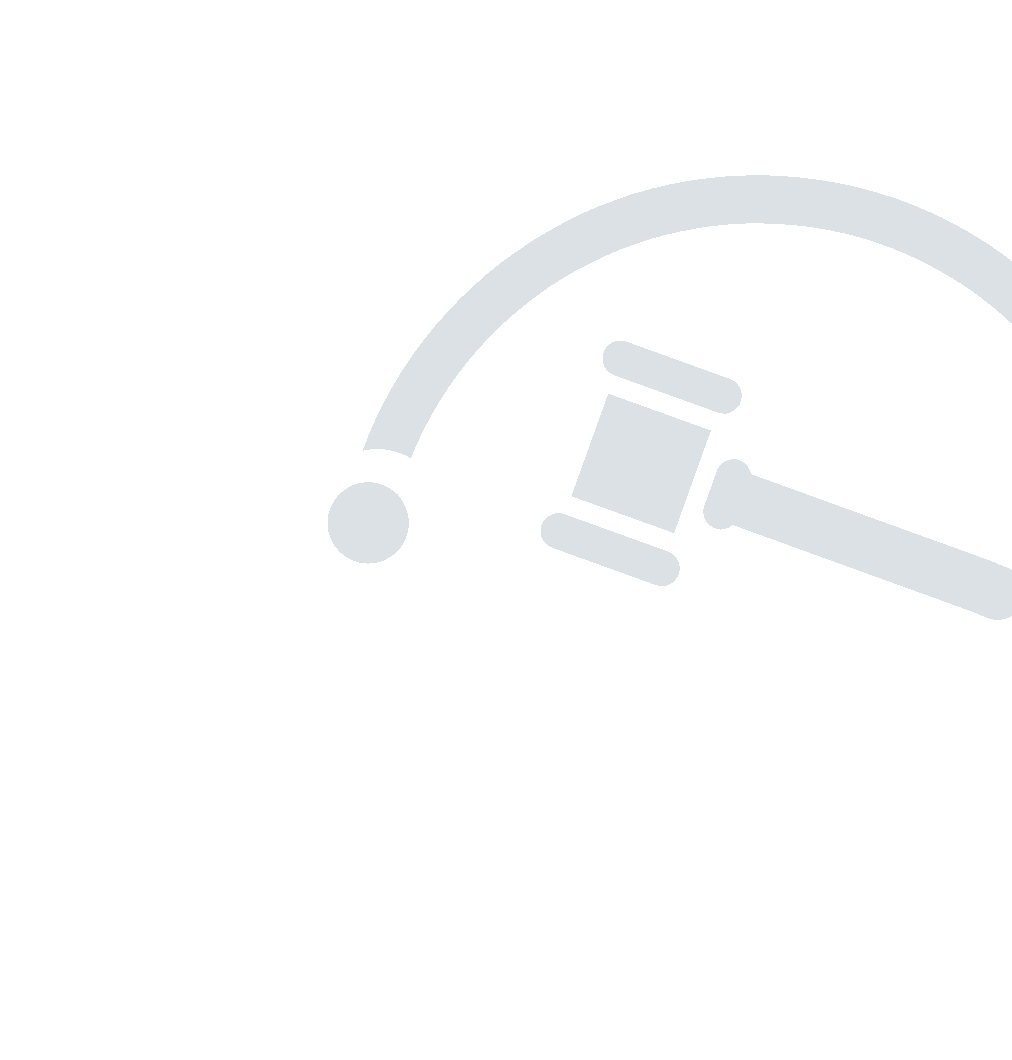


My Account
Add my auction





In this article, Eddisons explore the key considerations for businesses looking to purchase used CNC machinery. The UK manufacturing sector is currently navigating complex economic pressures and technological change. With the high cost of energy and materials impacting budgets and a push for greater productivity intensifying, business owners within the industry are increasingly turning to the second-hand machinery market to maintain competitiveness whilst managing costs effectively.
Against this backdrop, the used CNC machinery market has become a vital resource for businesses seeking to upgrade their capabilities without breaking the bank.
For employees and owners responsible for procuring specialist equipment, navigating the second-hand market requires careful consideration of several key factors to ensure successful acquisition.
The first priority when evaluating used CNC machinery is thoroughly understanding its technical specifications and current condition. Request comprehensive maintenance records, including service histories and any major repairs or replacements.
Many reputable CNC machinery auctions provide detailed condition reports and allow pre-sale inspections, giving buyers confidence in their purchasing decisions.
Assess whether the machinery will integrate seamlessly with your existing production setup. This includes checking software compatibility, tooling requirements and power specifications. Older CNC models may require updates or modifications to work with modern CAM software, so factor these potential costs into your budget.
Where you buy matters significantly. Machine brokerage services provide expertise and turnkey solutions, whilst auctions can offer exceptional value for those who've done their homework.
The advantage of established auction platforms is access to a wide variety of machinery from verified sources, like fleet renewals from major manufacturers and factory closures. This creates opportunities to acquire well-maintained equipment at competitive prices.
As well as the purchase price, calculate the total cost of ownership, including transportation, installation, training and any immediate maintenance or upgrades required. Be sure to also factor in the availability and cost of spare parts, particularly for older or less common models.
Sometimes, a slightly more expensive machine with readily available parts proves more economical in the long term.
Ensure you'll receive complete documentation, such as operation manuals, electrical schematics and programming guides. Verify whether technical support is available from the manufacturer or through third-party specialists familiar with the model.
Market timing can significantly impact value. End-of-financial-year periods often see increased availability as other businesses update their assets, whilst economic uncertainty may create buyer's markets with exceptional opportunities.
The used CNC machinery market offers tremendous potential for businesses to acquire quality equipment at substantial savings.
By carefully evaluating these factors and working with established platforms that understand the industrial sector, buyers can make confident decisions that enhance their production capabilities while maintaining financial prudence.
To stay up to date with the latest machinery auctions and discover opportunities to purchase quality CNC and other industrial equipment, sign up for Auction News. Receive tailored alerts, weekly updates and access to our digital magazine, helping your business find the right equipment at the right price.
Includes
Have an account? Sign in

By clicking create account you confirm that you agree to our website terms of use.
Create Account
